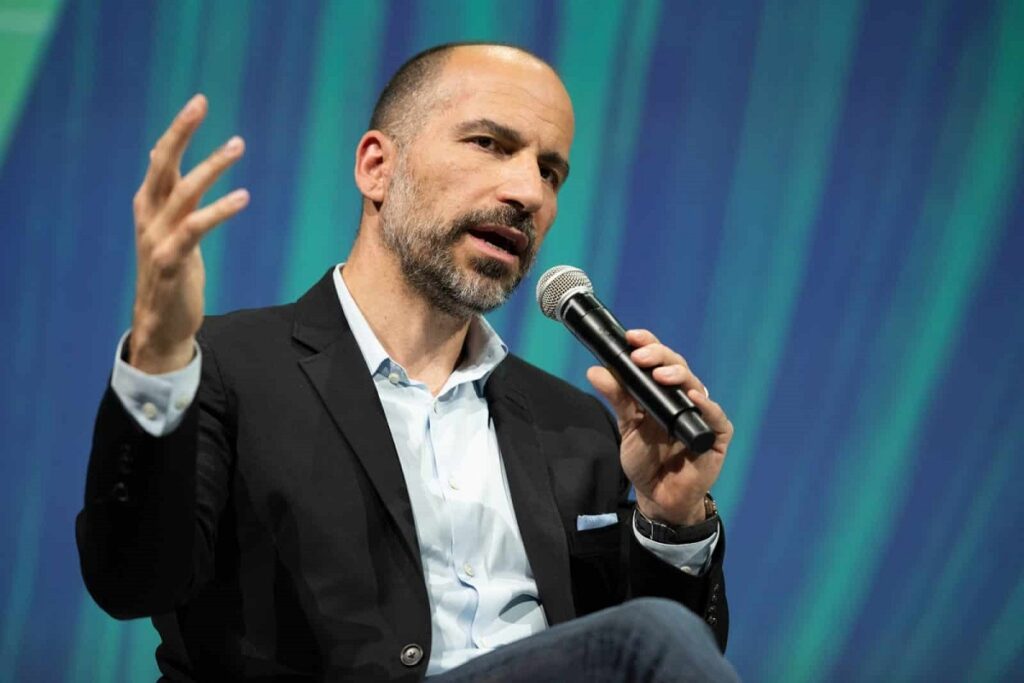Ride-hailing and delivery companies are up in arms over Seattle’s new minimum wage laws, but they may not be in place for much longer.
Uber CEO Speaks
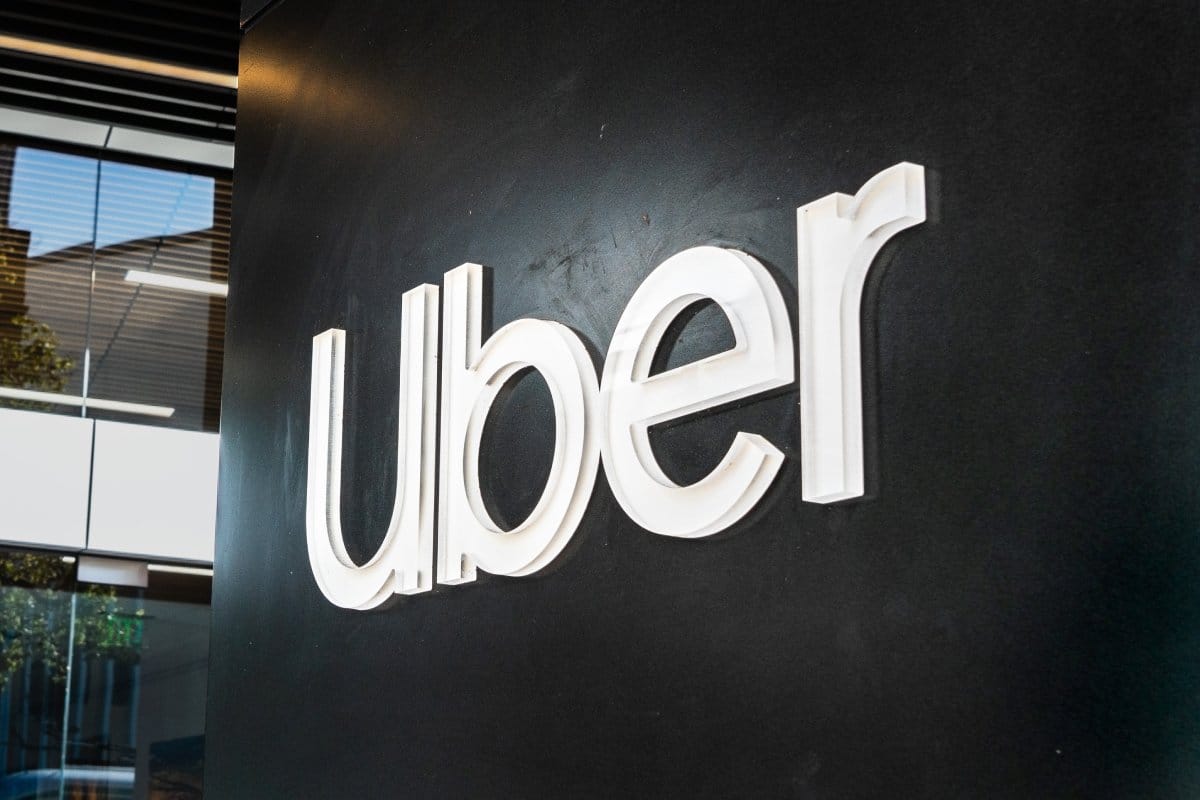
The CEO of ride-hailing transportation company Uber has openly criticized a recent labor law passed by the city of Seattle, which instated a new minimum wage law for delivery drivers working in the city limits.
PayUp Laws

The PayUp laws were passed in 2022 and went into effect in January this year, raising the minimum wage for delivery drivers who work for major corporations like DoorDash and Uber to $26.40 per hour. It immediately sparked backlash and outrage amongst company executives.
Changes to the New Law
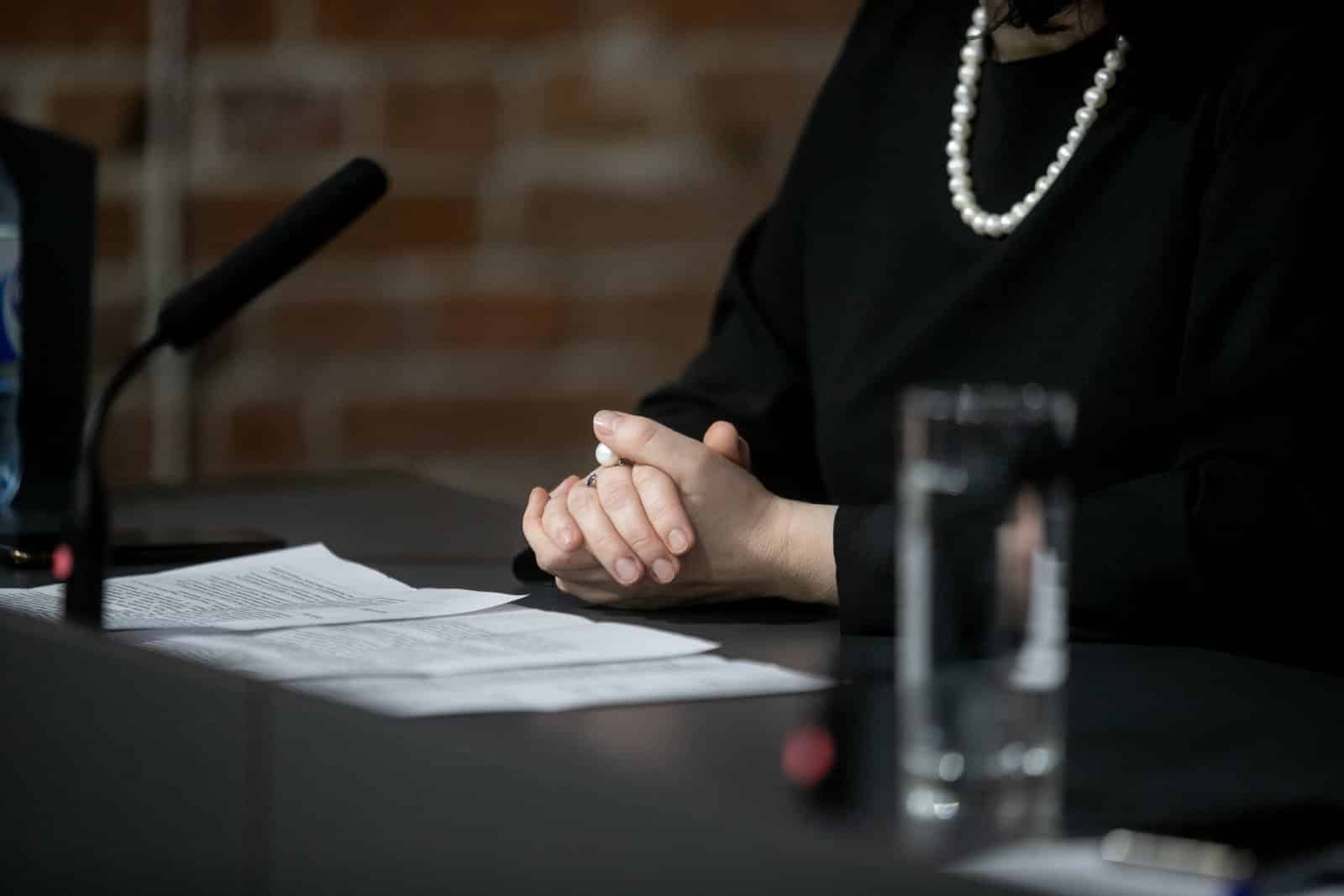
Now, the recent minimum wage change is being revised, thanks to introduced legislation from Seattle City Council President Sara Nelson, who wants to drop the newly changed rate from $26.40 back down to $19.97.
Uber Gives Thumbs Up

Of course, company leaders couldn’t be happier about the new ordinance. Uber CEO Dara Khosrowshahi addressed the new law, and its potential revision, during Uber’s Q1 earnings call to analysts earlier this month.
Hurting When It Tried to Help?

On the call, Khosrowshahi described the minimum wage law, which is the first of its kind for delivery drivers, as a decision that “hurt the people that it’s supposed to protect.”
Extra $5 Fee

Uber, Doordash, and other transport and delivery companies affected by the law responded with a $5 fee for every individual order, to make up for the $6 they must now pay their drivers per hour.
Demand Falls Due to Fees

Khosrowshahi had claimed that demand had dropped so low that delivery order volume in the city is now 45% lower than it was before the law, and consequent fees, were instated.
A “Positive Outcome”

He went on to describe the incoming proposal to amend the law as a “positive outcome” for both the company and its workers.
“Having the Opposite Impact”

Doordash CEO Tony Xu echoed these sentiments in the company’s own earnings call, saying that the new regulations are “clearly having the opposite impact of what they intend to do.”
Doordash Praises the Proposal

A Doordash spokesperson also praised the ordinance, calling it “a promising step toward increasing affordability for consumers and restoring millions in lost revenue for merchants and Dashers in Seattle.”
More Changes Needed
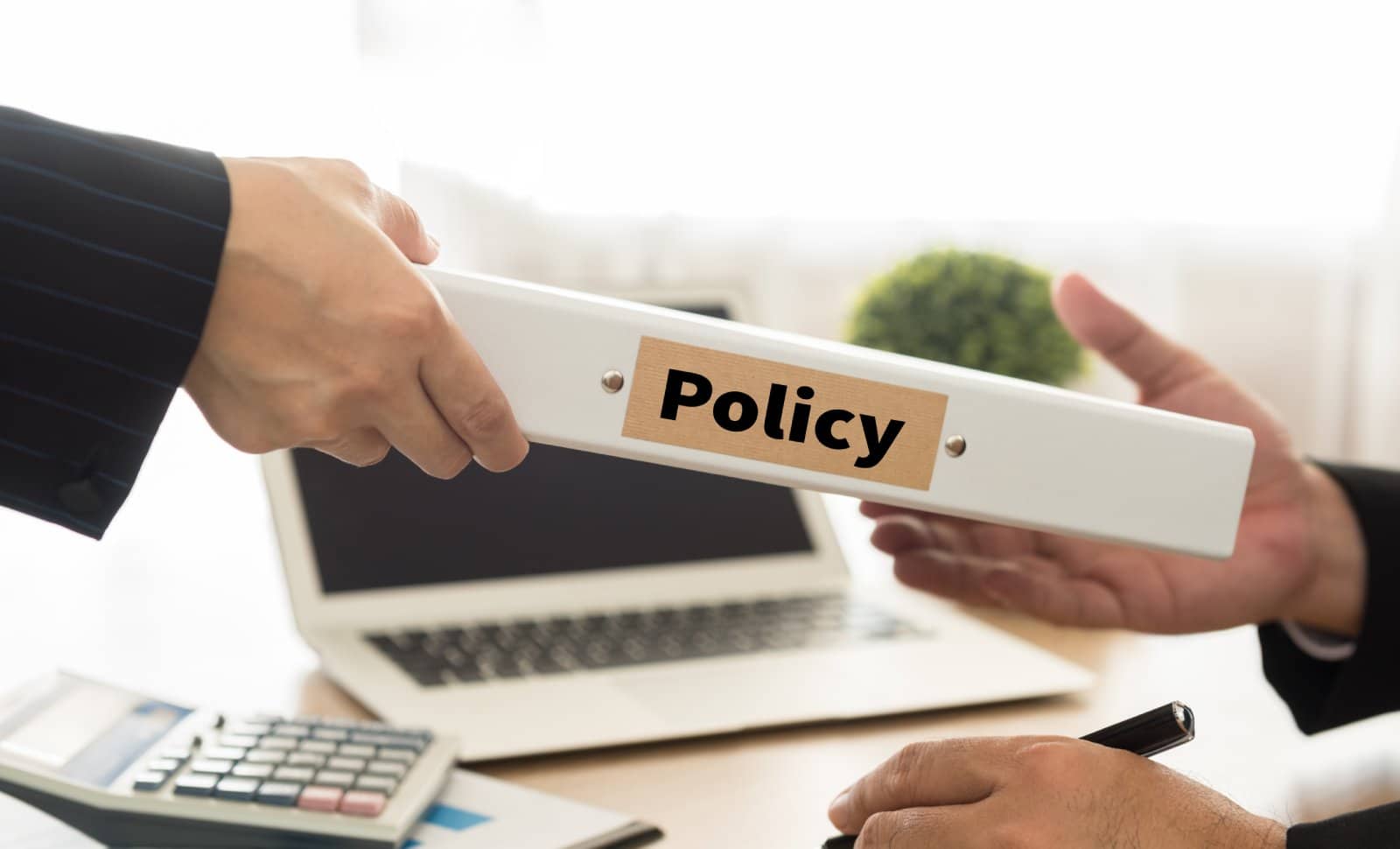
In defense of her new ordinance, Sara Nelson claimed the PayUp law is “clearly not working,” and a number of changes would need to be made in order to make the PayUp policies feasible.
“Reversing the Bad Outcomes”

Nelson believes her proposal, CB 120775, is needed to “reverse the bad outcomes caused by a flawed law and catalyzed by network companies imposing a new so-called regulatory fee.”
A List of Issues

Similar to the ride-hailing and delivery company CEOs she argued that the laws and consequent fees “caused a drop in customer orders, a drastic reduction in worker wages, and lost revenues for restaurants and other retail establishments.”
More Changes
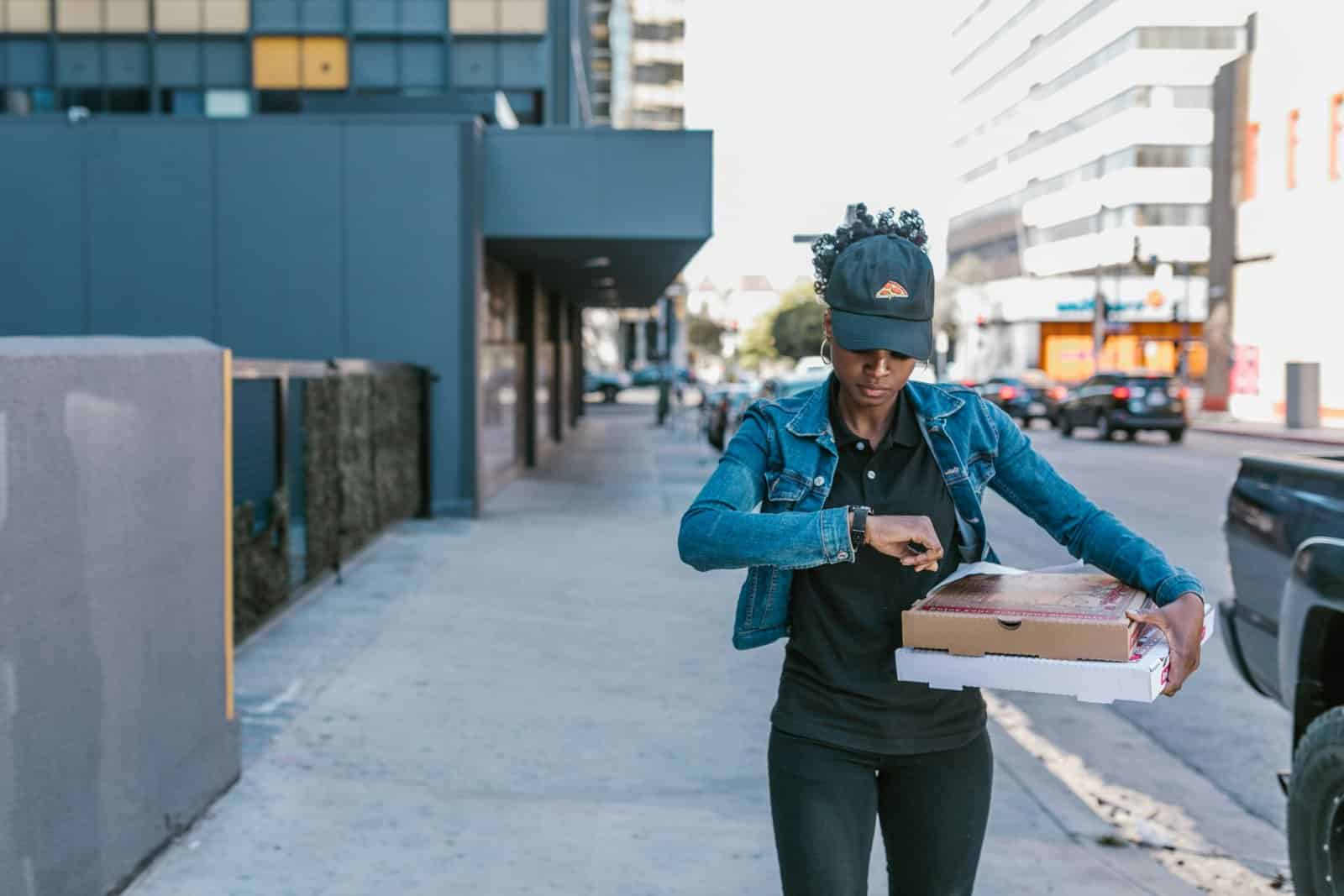
Nelson’s proposal doesn’t end at lowering the minimum wage – the minimum $5 job fee will be revoked, and a new two-minute waiting period for drivers to accept jobs will be cut back to just 45 seconds.
Revoking Shared Company Data

Another rule that required companies to share data concerning driver compensation and working hours with the city would also be revoked. There are several other changes that have workers and labor advocates concerned.
Full Council Vote Pending
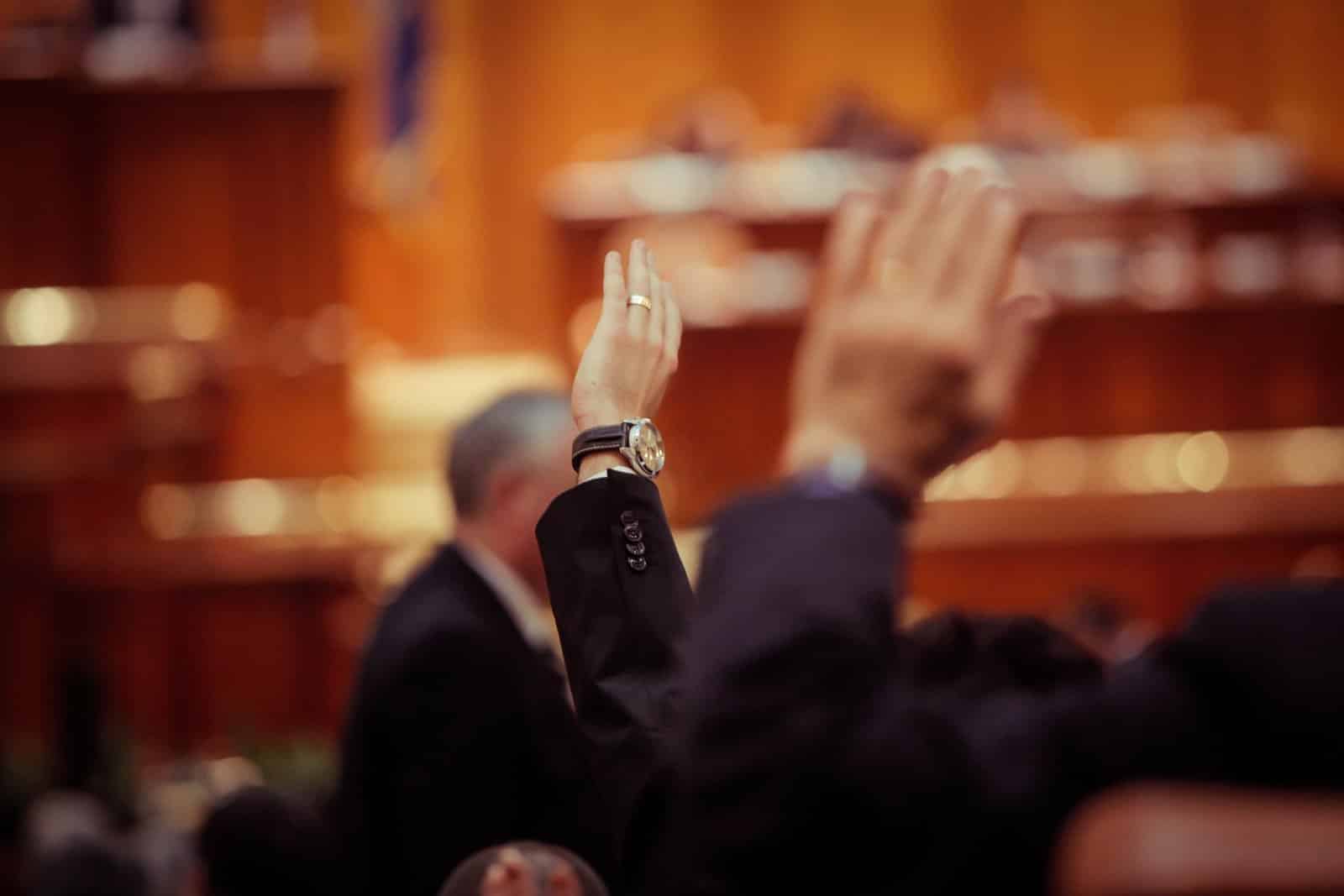
Last week the ordinance was approved by the city council’s governance, accountability, and economic development committee. It will now go to a full council vote on May 28.
Drivers Speak Out

When it comes to the actual workers who are being affected by these laws, opinions seem to be split, as shown in a Seattle city council meeting last week.
Some For, Some Against

Some drivers, particularly those who have joined the union Working Washington, are in support of the original minimum wage law. But others claim it has reduced and even decimated their income.
Companies “Taking Advantage”

“I think that the app companies have been taking advantage of workers for a long time,” one driver, named Arianna Riley, told the council. She currently works for DoorDash, Uber Eats, and Amazon Flex, but made less than $10 an hour when accounting for gas and expenses, before the PayUp law was passed.
Paying Their Way

If the law passes, workers would be expected to pay for their own gas without compensation, and will only be paid for the time spent picking up and delivering orders.
23 Steep Taxes Adding to California Residents’ Burden
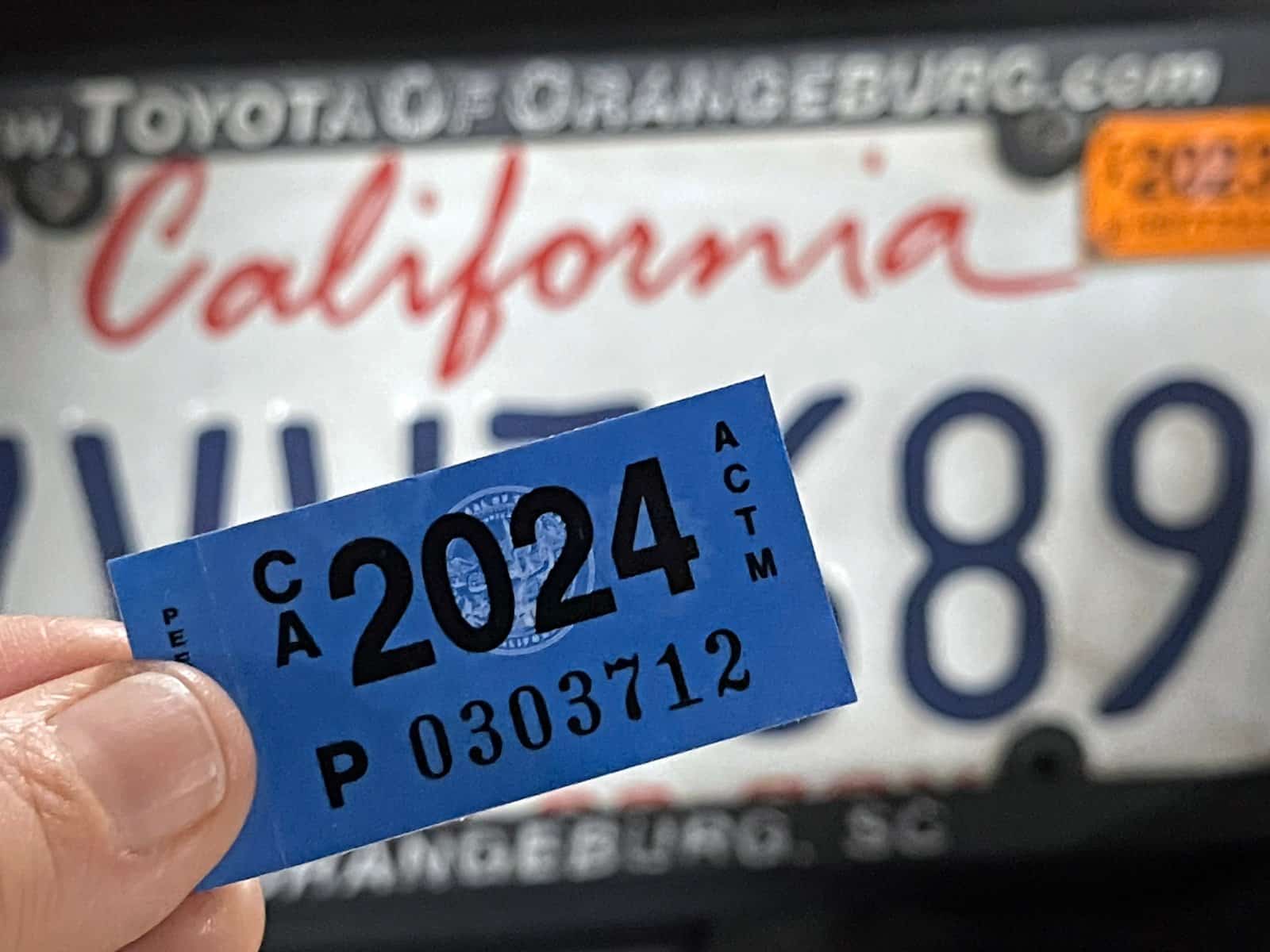
California: a place of sunshine, innovation, and, unfortunately, some of the nation’s highest taxes. From LA’s beaches to Silicon Valley’s tech hubs, residents grapple with a maze of state taxes. Here’s a glance at 23 taxes that might surprise both Californians and outsiders. 23 Steep Taxes Adding to California Residents’ Burden
Cash in on Nostalgia: 21 Toys Now Worth a Fortune

Time to dust off the boxes and find that once-cherished toy from your childhood. For collectors and enthusiasts, these items have become valued objects, and they can be worth big bucks – are there any of these in your attic? Cash in on Nostalgia: 21 Toys Now Worth a Fortune
Millennials Don’t Buy These 19 Products Anymore

Millennials are changing consumer habits, quietly replacing once-staple products and traditions. Often criticized for their disruptive preferences, this generation is reshaping the marketplace with digital expertise, ethical buying, and a taste for the unconventional. Millennials Don’t Buy These 19 Products Anymore
Featured Image Credit: Shutterstock / Frederic Legrand – COMEO.
The content of this article is for informational purposes only and does not constitute or replace professional financial advice.

